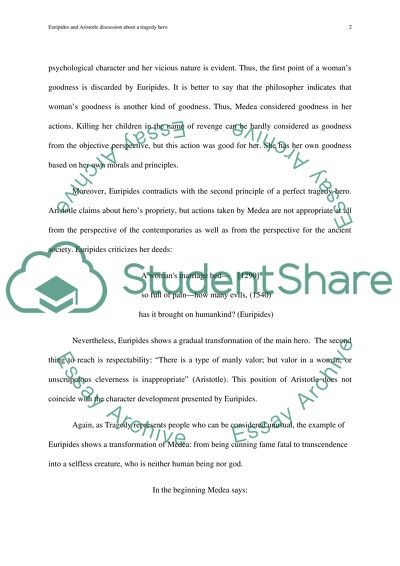Cite this document
(“Euripides and Aristotle discussion about a tragedy hero Essay”, n.d.)
Retrieved from https://studentshare.org/literature/1435803-euripides-and-aristotle-discussion-about-a-tragedy-hero
Retrieved from https://studentshare.org/literature/1435803-euripides-and-aristotle-discussion-about-a-tragedy-hero
(Euripides and Aristotle Discussion about a Tragedy Hero Essay)
https://studentshare.org/literature/1435803-euripides-and-aristotle-discussion-about-a-tragedy-hero.
https://studentshare.org/literature/1435803-euripides-and-aristotle-discussion-about-a-tragedy-hero.
“Euripides and Aristotle Discussion about a Tragedy Hero Essay”, n.d. https://studentshare.org/literature/1435803-euripides-and-aristotle-discussion-about-a-tragedy-hero.


